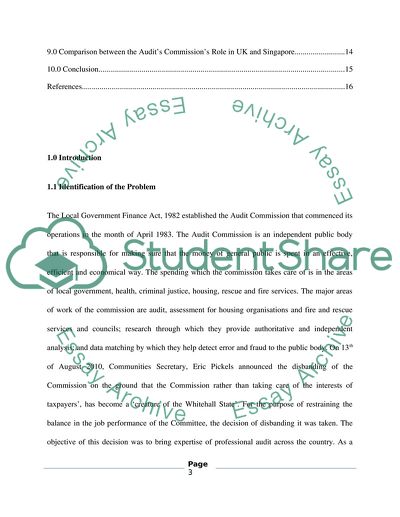Cite this document
(Should the UK Audit Commission Continue to Function Research Paper - 1, n.d.)
Should the UK Audit Commission Continue to Function Research Paper - 1. Retrieved from https://studentshare.org/finance-accounting/1747723-audit-and-assurance
Should the UK Audit Commission Continue to Function Research Paper - 1. Retrieved from https://studentshare.org/finance-accounting/1747723-audit-and-assurance
(Should the UK Audit Commission Continue to Function Research Paper - 1)
Should the UK Audit Commission Continue to Function Research Paper - 1. https://studentshare.org/finance-accounting/1747723-audit-and-assurance.
Should the UK Audit Commission Continue to Function Research Paper - 1. https://studentshare.org/finance-accounting/1747723-audit-and-assurance.
“Should the UK Audit Commission Continue to Function Research Paper - 1”, n.d. https://studentshare.org/finance-accounting/1747723-audit-and-assurance.


